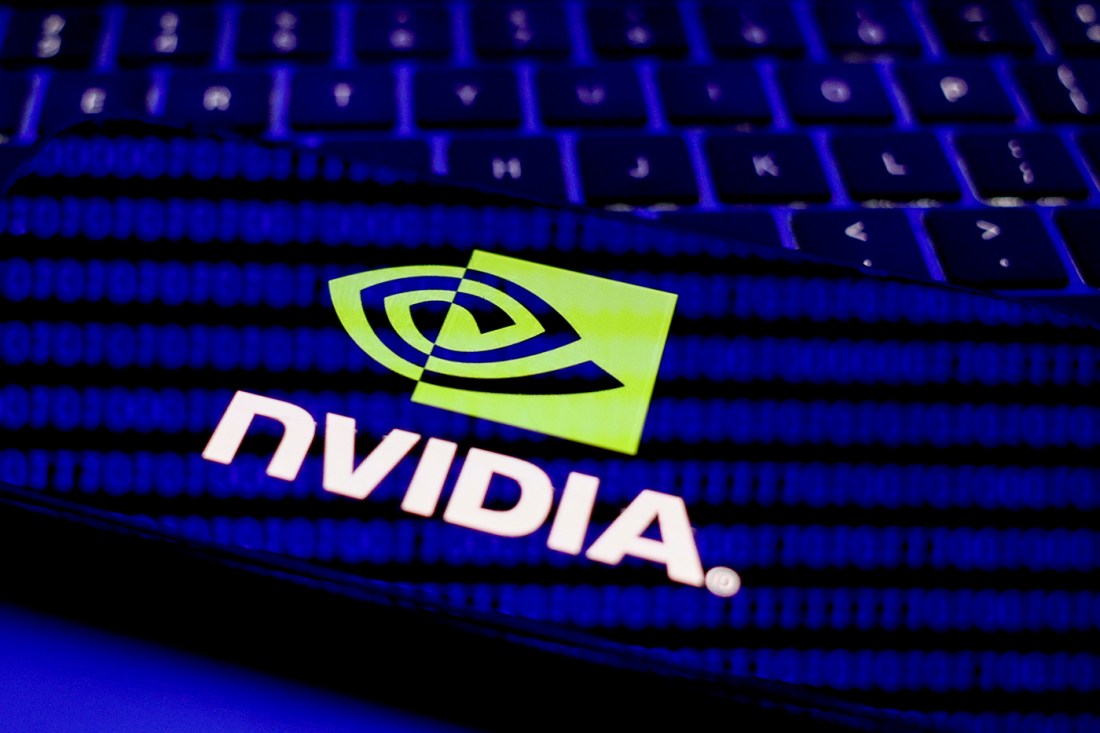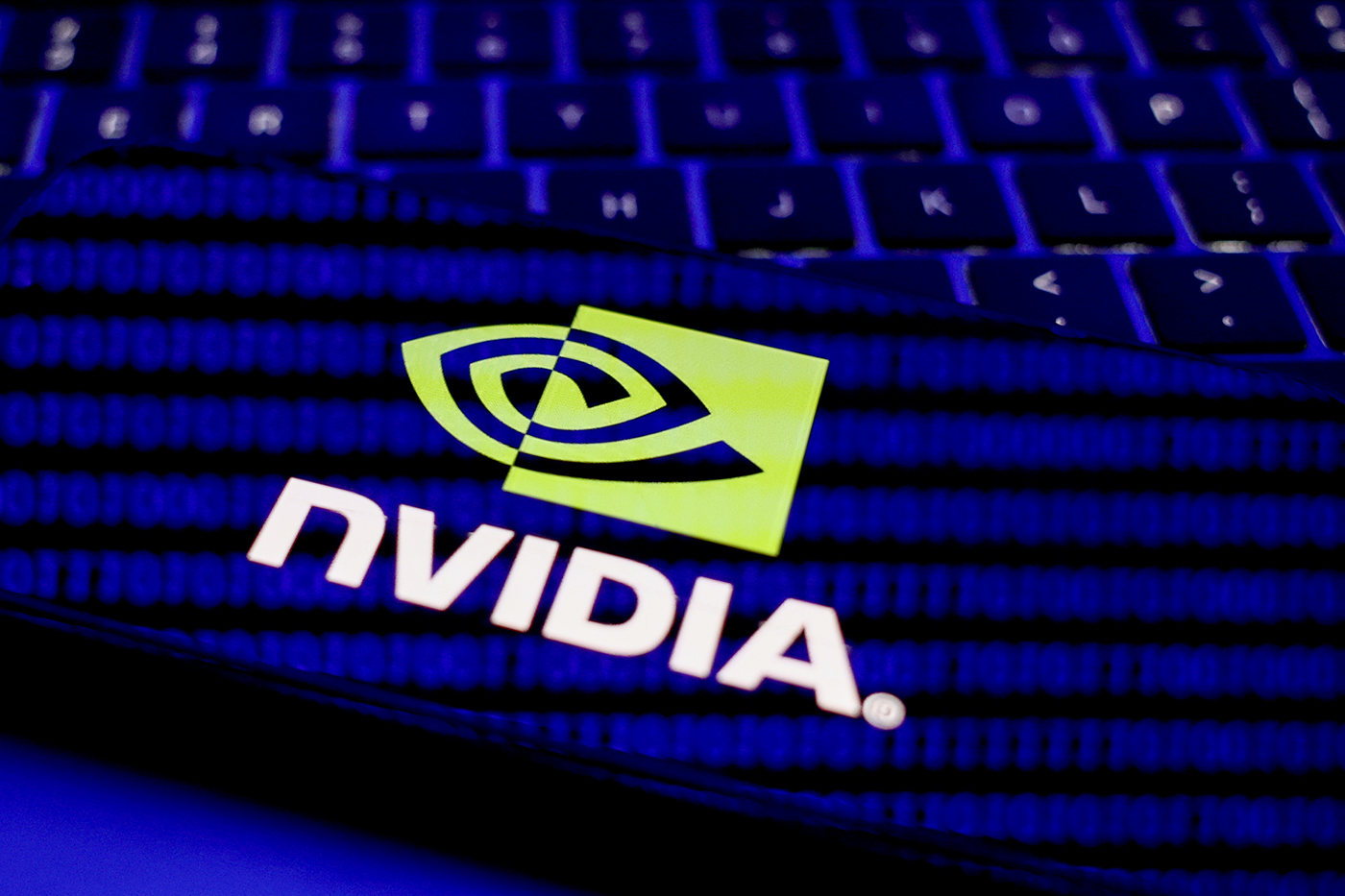George Yip, a distinguished visiting professor in international business and strategy in the D’Amore-McKim School of Business, breaks down the potential global impact of the agreement.

The White House’s recent deal with NVIDIA and AMD to get a cut of their chip sales to China is a sign that the U.S. is moving away “from free market capitalism to state-interventionist capitalism,” says a Northeastern international business expert.
This week, the Trump administration announced that it had come to an agreement with the two large US chipmakers to allow them to sell a select range of lower-powered AI chips designed for the Chinese market in exchange for a 15% cut of their sales in the country. The deal could bring in more than $2 billion to the U.S. government, The New York Times reported.
The arrangement has been described as “highly unusual” and “unprecedented,” raising concerns from both Republicans and Democrats in Congress regarding its legality and national security implications. It comes months after the Trump administration initially placed sharp restrictions on the sale of AI chips in China.
Northeastern Global News spoke with George Yip, a distinguished visiting professor in international business and strategy in the D’Amore-McKim School of Business, to understand its impact on global business.
Can you speak on the nature of the deal and its implications?
It’s very strange, actually, and is not normally done. … What’s unusual is to apply a sort of export tax – and I consider this an export tax – on this. It’s a bit of a contradiction here. On the one hand, we’re so worried about sending them to China, a strategic rival, that we’re going to tax you. On the other hand, it’s not so important after all and it’s not going to hurt the U.S. It just strikes me as a way of raising tax money given that the deficit is too large.
I think the bigger issue is that we are moving away from free market capitalism. There was a recent article in the Wall Street Journal that said the U.S. is becoming more like China in terms of state intervention capitalism. This is just another example of the state intervening in free market capitalism.
What do you believe could be the second-order effects of such a deal?
The second-order effect is that the government interfering with what companies do just slows down what they do. I think it’s one thing to review whether or not they can export to China. That’s a standard approach. Now we’re getting companies to pay to export, and it’s just adding a lot of bureaucracy and admin. It just means that business executives will spend more time lobbying the government to get exceptions. We are already seeing this with all the import taxes – I call them import taxes not tariffs. People are trying to get special concessions already.
What does this deal mean for Nvidia and AMD?
They want to make money out of selling something they made, right? This is their business. They make chips related to AI and other things. They are not stupid companies. They think it’s OK to sell these chips to China. They’re not afraid of creating competition, so it’s probably safe for them to do this.
The way that Japan’s and South Korea’s shipping industries were built up was that some European shipping companies gave away their technology because they were already weak. It helped build up Japanese and South Korean ship makers and eventually destroyed European ship makers. But that’s not the situation with Nvidia and AMD. They’re not weak, they don’t have to sell. They just see this as an opportunity to make some extra money from lower level technology that they can sell.
Could you speak on the deal’s impact on international competitiveness?
I don’t know enough about the specific technologies as to how much this will help China. Obviously, China is trying to build up its AI activities. It’s actually a delicate line because wherever you block another country from buying your technology, they are incentivized to develop their own. We saw this in the case of DeepSeek, where China seems to have a faster AI that is more efficient than American ones. It’s a very complex issue that should be managed very strategically. Certainly, China and other countries such as Japan and South Korea have state industrial policies to develop national strategic plans.
China has many five-year plans and long-term plans to develop their own technologies. I think the U.S. would do well to have longer-term strategic plans on industrial policy, which has been opposed until recently by traditional economists. But clearly we are dealing with complex long-term technologies like artificial intelligence, like EVs.
